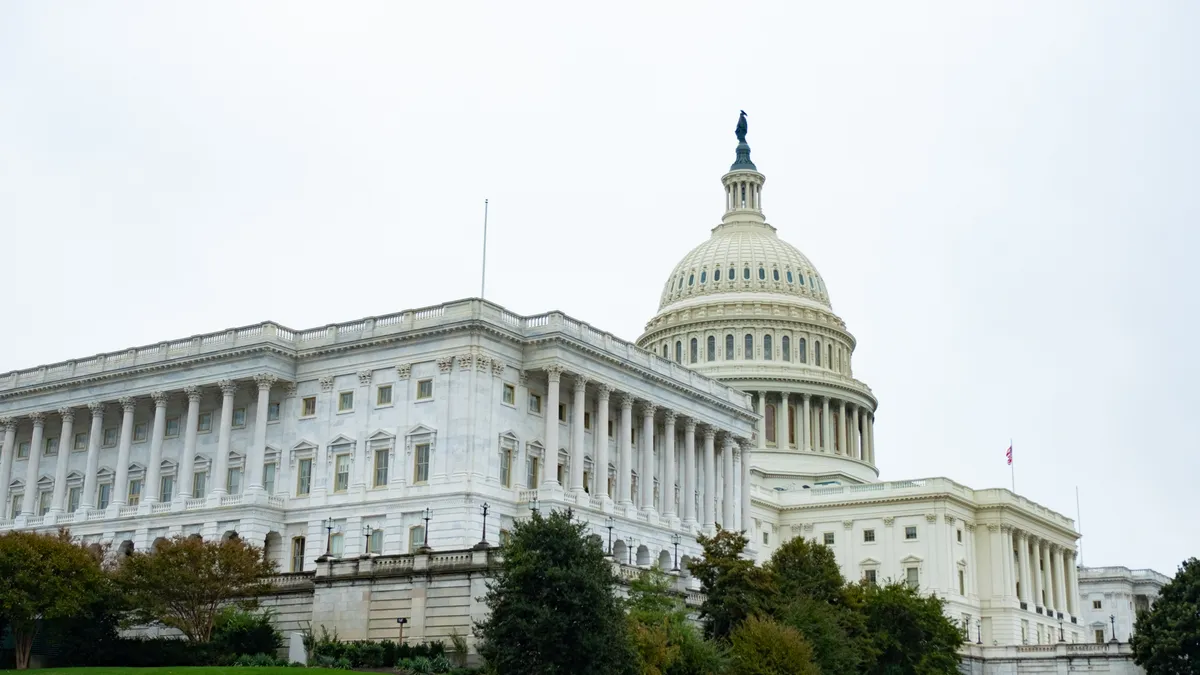Dive Brief:
- Democrats in both houses of Congress Feb. 4 reintroduced a bill that would expand employer National Labor Relations Act (NLRA) liability and bar collective action waivers under the law. The U.S. House of Representatives passed the bill last session, but it died in the Senate.
- Specifically, the Protecting the Right to Organize (PRO) Act would codify Browning-Ferris, an Obama-era National Labor Relations Board (NLRB) ruling that interpreted the law's "joint employer" definition to include those businesses that have only indirect control over workers, rendering such an employer liable for NLRA violations. The bill also would effectively undo the U.S. Supreme Court's 2018 ruling in Epic Systems in the NLRA context, which determined that employers can require workers to waive their rights to class or collective actions and to arbitrate disputes individually.
- Among other things, the PRO Act also would tighten up the law's definition of "independent contractor," making more workers eligible for its protections, according to a section-by-section analysis from the House, and limit the reach of state's right-to-work laws.
Dive Insight:
While the law's introduction may be no surprise given President Joe Biden's pro-labor platform, its chances of passing are unclear. A filibuster could leave it stalled in the Senate, Kristen Swearingen, vice president of legislative and political affairs at Associated Builders and Contractors, told Construction Dive.
Still, some elements may appear in other legislation or agency guidance, she said, such as the misclassification provision or the right-to-work limitations.
Supporters of the bill have said the National Labor Relations Board can't properly enforce the NLRA without the proposed changes. The U.S. Chamber of Commerce, a business advocacy organization, however, called the bill's introduction "disappointing."
"This legislation strips workers of their privacy, threatens private ballots, imposes California's disastrous independent contractor test, jeopardizes employers' right to free speech, and threatens the loss of a job should workers choose not to pay union dues," it said
If signed into law, HR professionals may need to reevaluate waiver use, worker classification, "captive audience" meetings and other items controlled by the NLRA.














